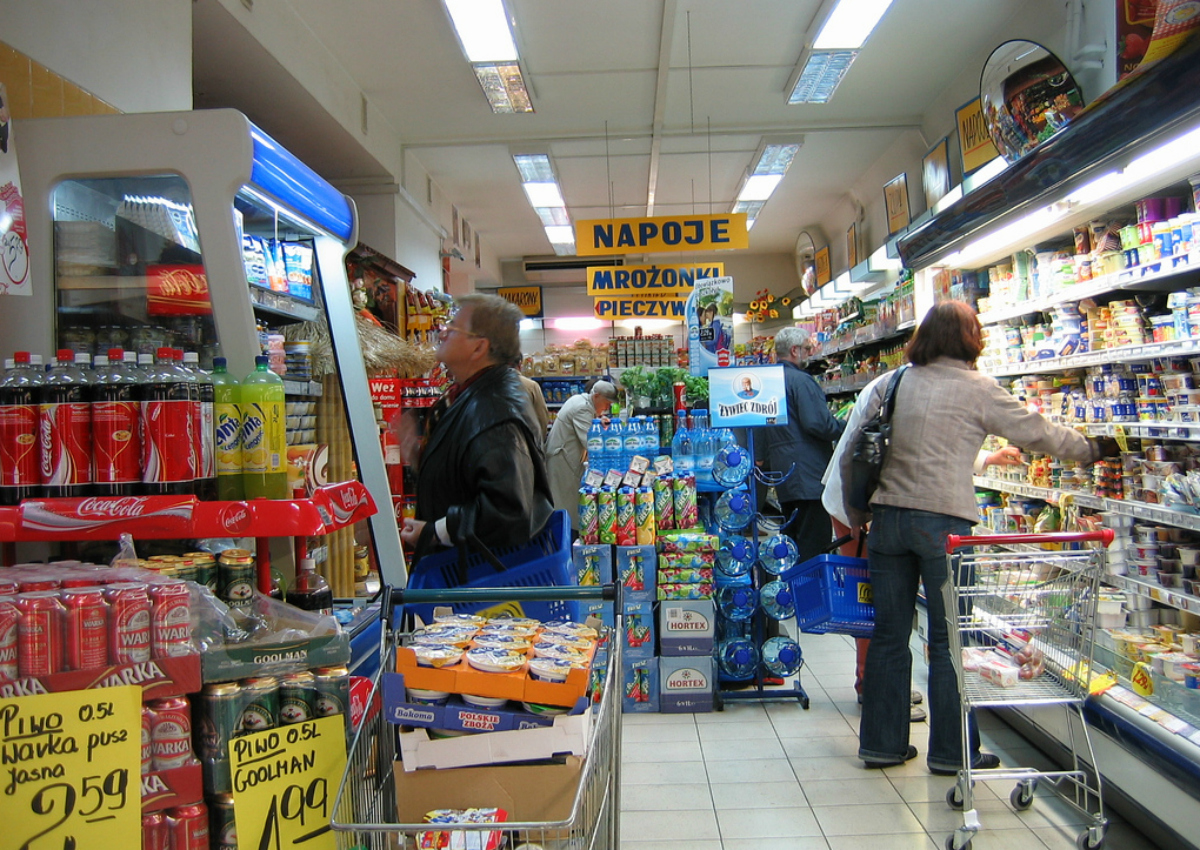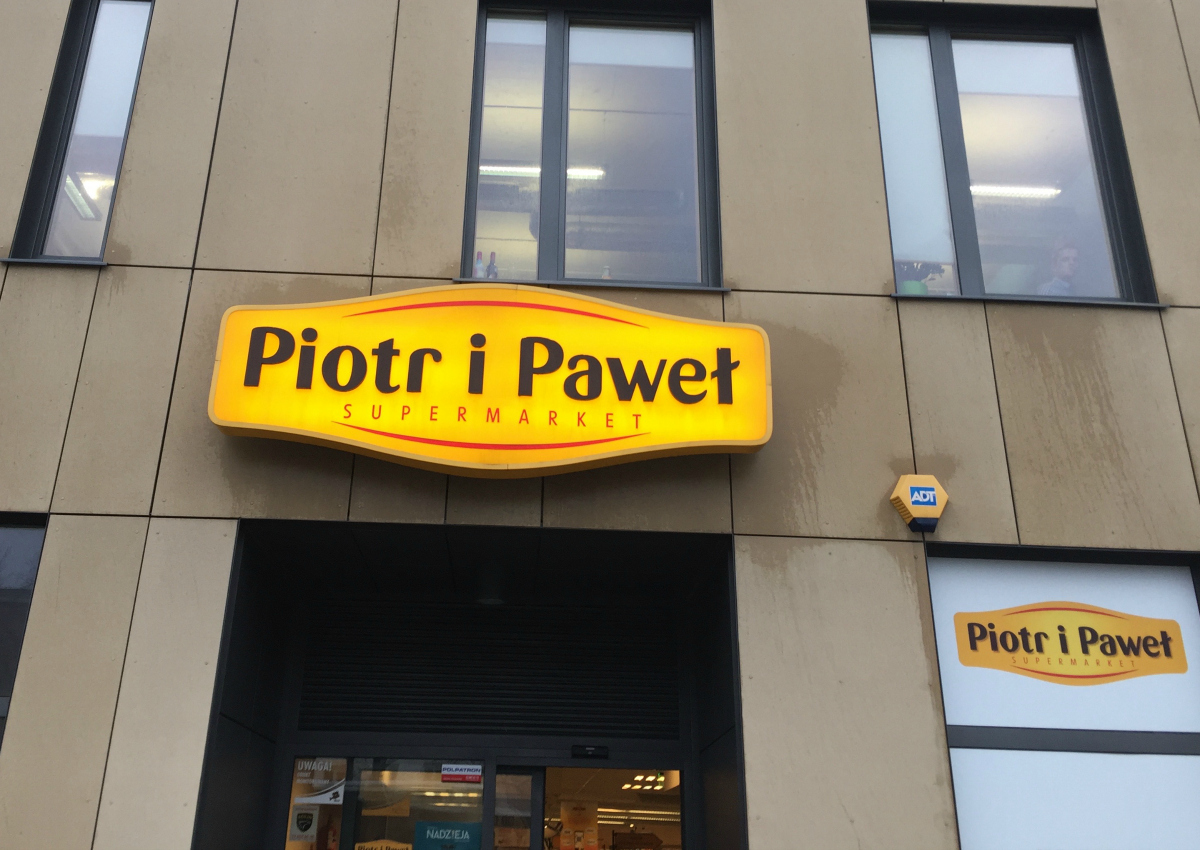
Having weathered the storm caused by the crisis, the sun is shining again on Poland, or so it seems. Future forecasts are encouraging, as confirmed by a market study conducted by the Polish research company Pmr. According to the research data, retail sales in Poland will grow by 28% until 2022. We are talking about an industry that has an estimated annual value of about 115 billion euro, generated at 58 billion by the food industry, which in turn has contributed a growth rate of 2-4% this year.

The rise of the “soft” discounters
At a more than tripled growth rate, the discounter format has been mushrooming from 2006 to 2016. Today, this store type accounts for 23.6% of all available spaces in Poland and the evolution process coincided with a gradual transformation (that is still on-going) from “hard” to “soft” discount. Faced with a growth of these concepts, there has been an unchanged trend in the number of hypermarkets (there are now 13.7% of sales in retail chain points, 0.2% less than ten years ago) and a surge of supermarkets that have risen from 10% to 15.3% today, as a consequence of the Polish consumers’ preference to shop at close shopping points. As a matter of fact, this has caused the unexpected shutdown of the development of hypermarkets. According to the Pmr survey, as much as one third of Polish consumers is not familiar with private label products. A certain distrust towards private labels prevails, considering that they lack the awareness that would be needed so as to be deemed reliable by the consumers. The research findings highlight that only 23% of the interviewees admit to being interested in buying an “unfamiliar” brand on a daily basis. When faced with taking a choice, more than half generally opt for the brand they know, at the expense of the unknown private label.

Retail brands enjoy more awareness at Biedronka
The strategy of the Polish retail chain leader, Biedronka, has showcased the impetus of its promotional and communication activities on its private brand. As it happens, 69% of the consumers interviewed by Pmr confirm they know it. This differs significantly from Piotr, another national retailer, whose range of branded products was only known to 5% of those surveyed. Having said that, private labels have a strong influence on the turnover of the discounters, accounting for 65% of it. Lidl, for instance, (which issues invoices of 3.2 billion euro in Poland) receives 60% of its revenues from its own trademarks, while in the case of Biedronka we are talking about an amount equaling half of its turnover.
